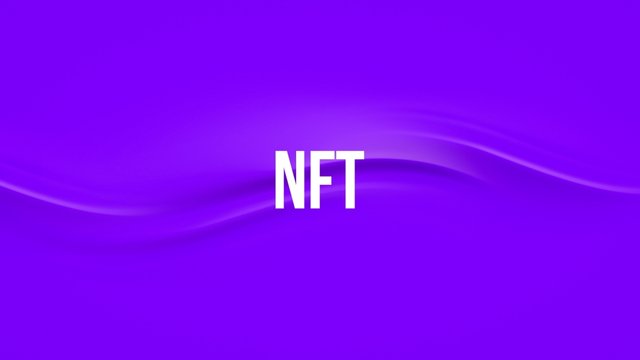
Introduction
In recent years, Non-Fungible Tokens (NFTs) have gained significant attention and popularity in various industries. These unique digital assets have revolutionized the concept of ownership and opened up new possibilities for creators, collectors, and investors. While NFTs have been predominantly associated with the art world, their potential extends far beyond that. In this article, we will explore five compelling use cases of NFTs in everyday life.
1. Collectibles and Memorabilia
One of the most prominent applications of NFTs is in the realm of collectibles and memorabilia. NFTs provide a secure and verifiable way to authenticate and trade unique digital items. From digital artwork and trading cards to virtual fashion and virtual real estate, NFTs enable individuals to own and showcase rare and exclusive items in the digital world. Collectors can now engage in the thrill of collecting without the limitations of physical space or location.
2. Gaming and Virtual Worlds
NFTs have significantly impacted the gaming industry by introducing play-to-earn NFT games, allowing players to truly own their in-game assets. Traditionally, gamers would invest time and money in acquiring virtual items or characters within a game, only to find their efforts restricted to the game's ecosystem. NFTs change the game by providing true ownership, allowing players to buy, sell, and trade their digital assets outside the game's platform. This opens up a world of possibilities for gamers, fostering a vibrant economy within virtual worlds.
3. Intellectual Property and Royalties
Creators and artists have long struggled with issues of copyright infringement and fair compensation for their work. NFTs offer a solution by providing an immutable record of ownership and enabling artists to receive royalties every time their NFT is sold or traded. This empowers content creators, musicians, and writers to protect their intellectual property and establish a direct relationship with their audience. With NFTs, artists can monetize their work more effectively and ensure they receive proper recognition and compensation.
4. Identity and Authentication
NFTs have the potential to transform how we manage and authenticate our digital identities. By associating personal information, credentials, and licenses with a unique NFT, individuals can have control over their digital presence. This can be particularly valuable in areas such as digital citizenship, proof of ownership, or even ticketing systems. NFTs provide a tamper-proof and transparent method for verifying and proving identity, reducing fraud and increasing trust in digital interactions.
5. Fundraising and Tokenization
NFTs have emerged as a powerful tool for fundraising and tokenization of assets. Projects and organizations can create NFTs representing ownership or access to a particular asset or experience. These NFTs can be sold or auctioned, enabling individuals to support their favorite artists, causes, or startups. Moreover, NFTs can be fractionalized, allowing multiple owners to invest in high-value assets such as real estate or artworks. This democratizes investment opportunities and opens doors for new forms of ownership.
Conclusion
NFTs have transcended the boundaries of the art world and found their way into various aspects of everyday life. Whether it's collecting rare digital items, revolutionizing gaming experiences, protecting intellectual property, managing digital identities, or exploring innovative fundraising methods, NFTs have the potential to reshape how we interact with and perceive digital assets.